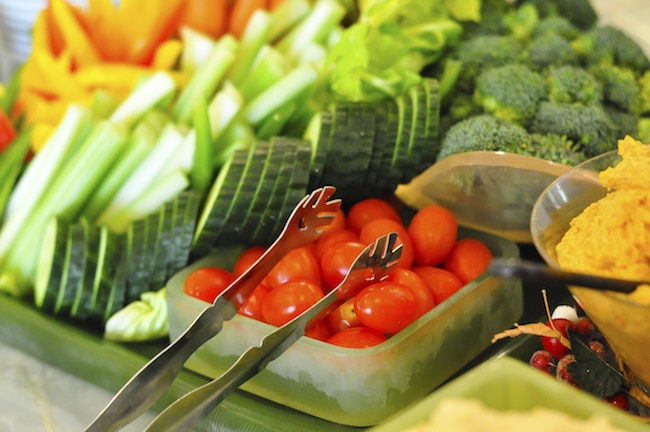When to Buy Organic

It seems like every aisle in the grocery store is overflowing with more choices, from gluten-free to organic. Since many organic items come at a higher price, it can be hard to justify paying more. Here’s what you need to know before checking out:
Why buy organic?
Choosing organic fruits and vegetables is the best way to avoid pesticides and other chemicals used in agriculture. In many cases, their long-term health effects are uncertain. Buying organic meats helps you avoid hormones, antibiotics, drugs and other chemicals found in conventional animal products.
Which fruits and vegetables should I buy organic? Certain fruits and vegetables are most likely to have pesticide residue than others, so it’s a good idea to go organic with them. These include: strawberries, apples, nectarines, peaches, celery, grapes, cherries, spinach, tomatoes, sweet bell peppers, cherry tomatoes, and cucumbers.
Which ones can I buy non-organic? Some fruits and vegetables are less likely to be contaminated with pesticide residue (usually due to a protective outer later). These include: avocados, sweet corn, pineapple, cabbage, sweet peas (frozen), onions, asparagus, mangos, papayas, kiwi, eggplant, honeydew melon, grapefruit, cantaloupe, and cauliflower.
What about animal products? There is a debate about whether organic animal products are more nutritious than the conventional varieties. However, if you want to avoid hormones, antibiotics, and chemicals, consider buying organic for all your meat, eggs, and dairy products.
Sources:
- http://www.eatingwell.com/food_news_origins/organic_natural/15_foods_you_dont_need_to_buy_organic
- http://www.eatingwell.com/food_news_origins/organic_natural/dirty_dozen_plus_14_foods_you_should_buy_organic
- https://www.ewg.org/foodnews/

